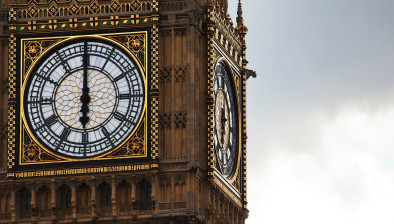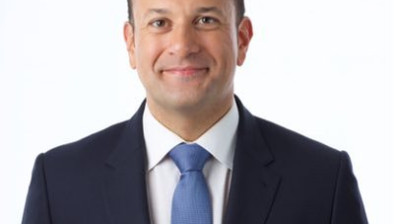UK: Surveillance powers to be considered by European Court of Human Rights

Edward Snowden
The UK government’s bulk surveillance powers will be examined by the highest chamber of the European Court of Human Rights this week, the latest stage in a long-running legal battle over the UK’s use of previously-secret surveillance powers and its sharing of massive amounts of private communications.
Tomorrow, the Grand Chamber of the European Court of Human Rights will hear arguments from Amnesty International, Liberty, Privacy International and other human rights organisations from four continents over the unlawfulness of the UK’s bulk surveillance practices.
The case is the culmination of six years of revelations and legal challenges following Edward Snowden’s disclosure in 2013 of how the UK’s GCHQ intelligence agency was secretly intercepting and processing millions of private communications of ordinary people on a daily basis, and - without a clear legal foundation or proper safeguards - sharing data with the USA’s National Security Agency, as well as other countries’ intelligence agencies.
Last September, a lower chamber of the ECtHR ruled that UK laws enabling mass surveillance were unlawful, violating rights to privacy and freedom of expression. The court observed that the UK’s regime for authorising bulk interception was incapable of keeping the “interference” to what is “necessary in a democratic society”.
However, Amnesty and others then asked the court’s Grand Chamber to go further by entirely rejecting the UK’s bulk surveillance regime.
The Grand Chamber has been asked to rule that the mass interception, processing and storage of private communications is not compatible with the rights to privacy and freedom of expression.
Should it decide to endorse last year’s ruling, the Grand Chamber has been asked to update “minimum safeguards” over government-led surveillance - given “the state’s ability to extract, on an enormous scale, sensitive and personal information from intercepted material”.
The Grand Chamber has also been asked to rule that the UK’s intelligence-sharing arrangements with foreign intelligence agencies are inadequate and violate people’s rights to privacy and freedom of expression.
Lucy Claridge, Amnesty International’s director of strategic litigation, said: “Exposed to the light of day, some of the UK’s industrial-scale surveillance practices have already been found unlawful, but Europe’s highest human rights court could now decide to entirely do away with dragnet surveillance and unfettered transnational sharing of millions of people’s private data.
“We need to be protected from intrusive and over-powerful states that think nothing of secretly harvesting and sharing vast amounts of our private data and communications.”











